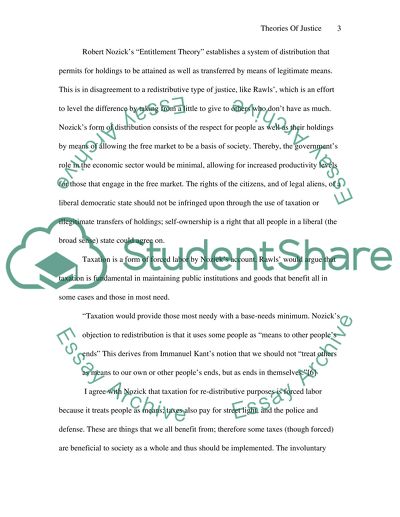Cite this document
(“Theories of Justice (Nozick's theory of distributive justice, compared Essay”, n.d.)
Retrieved from https://studentshare.org/miscellaneous/1505020-theories-of-justice-nozicks-theory-of-distributive-justice-compared-to-rawls
Retrieved from https://studentshare.org/miscellaneous/1505020-theories-of-justice-nozicks-theory-of-distributive-justice-compared-to-rawls
(Theories of Justice (Nozick'S Theory of Distributive Justice, Compared Essay)
https://studentshare.org/miscellaneous/1505020-theories-of-justice-nozicks-theory-of-distributive-justice-compared-to-rawls.
https://studentshare.org/miscellaneous/1505020-theories-of-justice-nozicks-theory-of-distributive-justice-compared-to-rawls.
“Theories of Justice (Nozick'S Theory of Distributive Justice, Compared Essay”, n.d. https://studentshare.org/miscellaneous/1505020-theories-of-justice-nozicks-theory-of-distributive-justice-compared-to-rawls.


